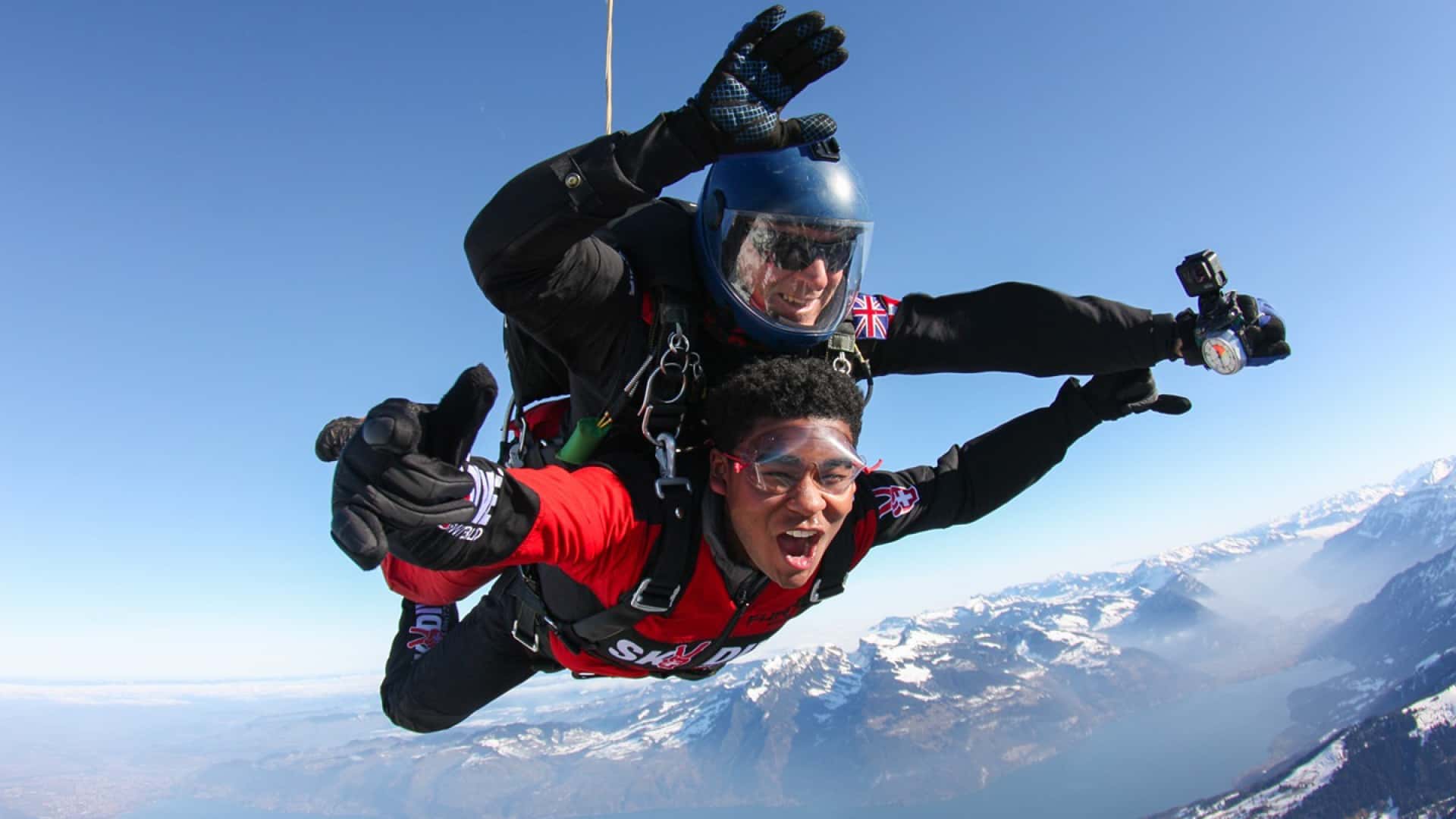by Tom DeFeo
As the days grow warmer, this year’s festival season quickly approaches. Since the turn of the millennium Europe has seen an ever increasing number of music festivals throughout the continent, representing all genres of music with the vast majority taking place in the warmer months between May and July.
 |
| Primavera Sound Festiva |
One of the longest running music festivals on the continent is the UK’s Isle of Wright Festival. The inaugural Isle of Wright took place in 1968 and by 1970 it attracted over 600,000 people with it’s legendary line up that included Jimi Hendrix, The Doors and The Who. Today, while it fails to attract numbers like it saw with it’s 1970 lineup, the festival is still one of the larger ones in the UK and is recognized as an important precursor to the European festival culture that lives on to this day.
While the long tradition of rock music festivals continues to thrive with events like the Primavera Sound Music Festival in Barcelona and Germany’s Rock am Ring in Rock im Park, over the past few years Europe has seen a surge in music festivals committed to the ever emerging musical genres of house, techno and electronica. One of the first of these festivals was Sensation.
 |
| Sensation White |
In recent years electro-house festivals have graduated from one night events like Sensation into multi-day events resembling the format of the original rock music festivals. One of the newest and most popular to adopt this format is Tomorrowland. This Belgium festival is 3 days long and includes a lineup of over 400 DJs including the likes of Avicii, Skrillex, and David Guetta.
 |
| Tommorowland |
So this summer, whether you were already planning on traveling through Europe for an extra few weeks or if you have to ask mom and dad to float you a few bucks for some additional “cultural activities,” try to make it to one of the continent’s many music festivals and take part in one of Europe’s newest cultural trends.


